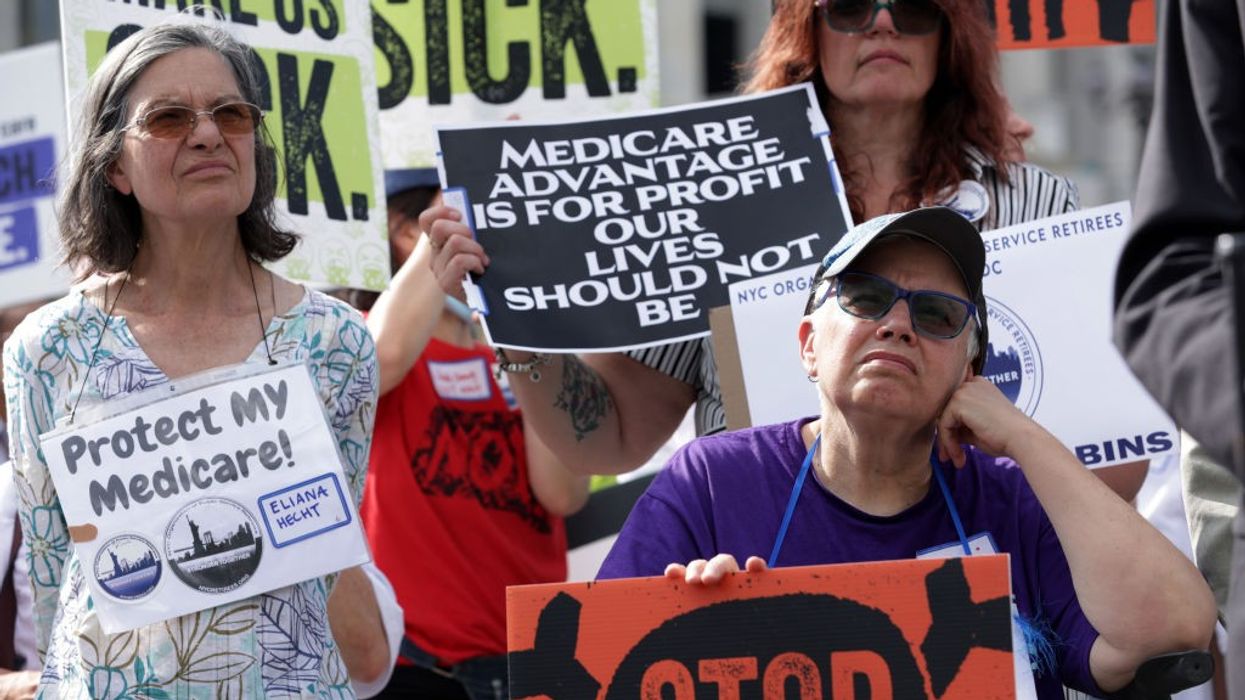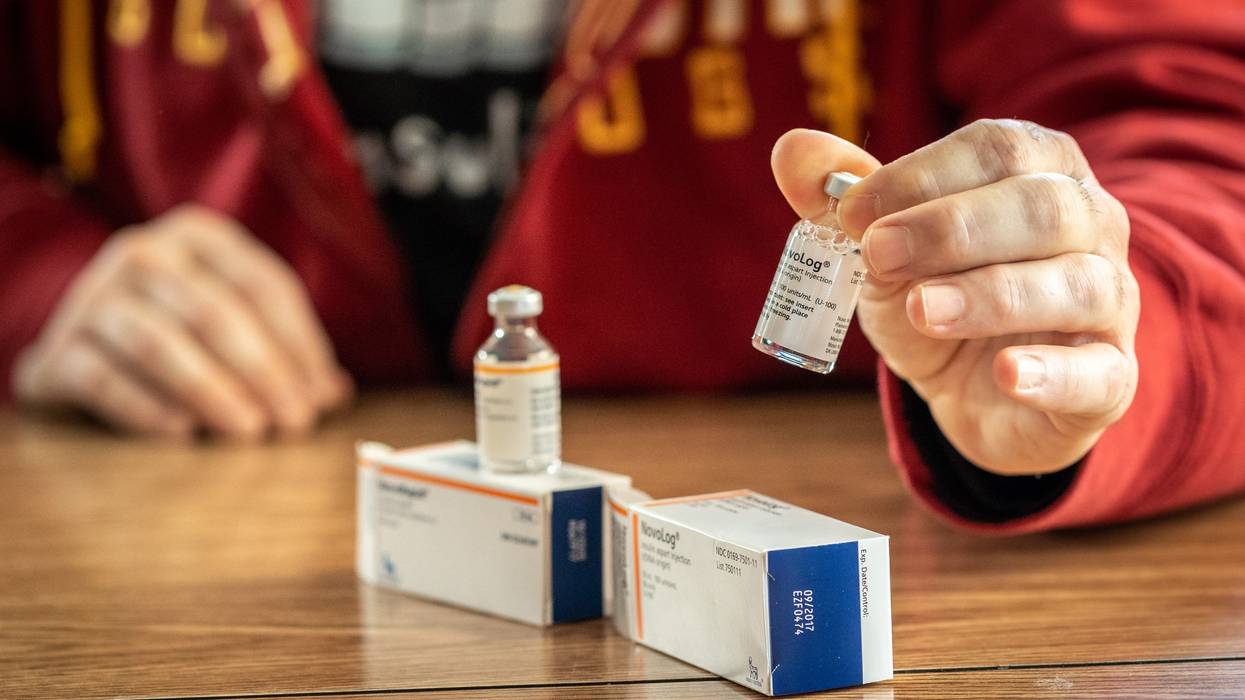Trump Reportedly Picks Medicare Advantage Lobbyist for Top Health Budget Role
Don Dempsey would join Centers for Medicare and Medicaid Services nominee Mehmet Oz and other supporters of privatized Medicare Advantage plans in the new administration.
U.S. President Donald Trump is reportedly set to appoint a lobbyist for the for-profit health insurance industry for a top White House budget job, a move likely to heighten concerns about the new administration's expected push to bolster Medicare Advantage plans that deny necessary care and dramatically overbill the federal government.
The Financial Times reported Wednesday that Trump is "poised to appoint" Don Dempsey as associate director of the Office of Management and Budget's health programs. The appointment would give Dempsey "sweeping power over the $1.8 trillion U.S. healthcare budget and responsibilities of the 13 divisions and agencies," the newspaper noted.
Dempsey is currently the vice president of policy and research at the Better Medicare Alliance, a lobbying organization that describes itself as "the nation's leading research and advocacy organization supporting Medicare Advantage." FT observed that the group is "funded by insurance companies including UnitedHealth Group and Humana"—the two largest Medicare Advantage insurers in the United States.
Trump's reported choice represents another potential boon for Medicare Advantage, a program run by private insurers and funded by the federal government. As STAT reported last month, "Medicare Advantage insurers thrived under the first Trump administration, and it's expected to happen again now that Trump is returning to the White House and Republicans are taking control of Congress."
The president has nominated Mehmet Oz, who has previously expressed support for a plan dubbed "Medicare Advantage for All," to lead the Centers for Medicare and Medicaid Services (CMS), a move that one watchdog warned would kick Medicare privatization efforts "into overdrive."
Since his inauguration earlier this week, Trump has taken a number of steps that have alarmed healthcare advocates, including rescinding Biden-era executive orders aimed at lowering prescription drug prices and strengthening Medicaid and the Affordable Care Act.
"On one hand, what we see coming from the executive orders by Trump is important because it shows us the direction they are going with policy changes," Sarah Lueck, vice president for health policy at the Center on Budget and Policy Priorities, told KFF Health News. "But the other track is that on the Hill, there are active conversations about what goes into budget legislation. They are considering some pretty huge cuts to Medicaid."


